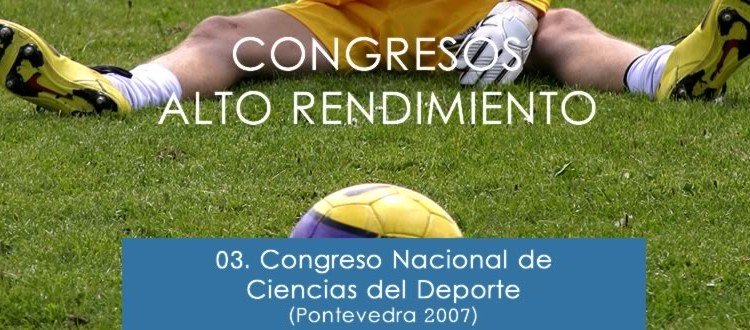Effects of a strength-training program in prepubertal Boys
Resumen
PURPOSE: The aim of this study was to analyse the effects of an eight-week strength-training program in prepubertal boys aged 10-12 years (age 12.1 ± 1,4 years; body mass 44,29 ± 10,46 Kg; height 145,28 ± 5,71 cm; body fat 26,96 ± 10,31 %), on self-image (S-I), muscular strength (MS), flexibility (Flex), body mass (BM) and percentage of fat mass (%FM). METHODS:: The subjects were randomised in two groups, the experimental group (EG) (n=12) and the control group (CG) (n=10). The CG didn’t practice any physical exercise, for besides the education physical classes. The EG performed 6 resistance exercises for session (Lat pulldown; Peck Deck; Pull Over; Leg Extention; Leg Press; Prone Leg Curl), 8-12 repetitions to volitional fatigue, with 70-88% of the 1Maximum Repetition (MR) estimated, 3 set for exercise, 3 times a week. RESULTS: Differences statically significant were found in MS in all the 6- resistance exercise, % FM, Flex and S-I. CONCLUSION: These results suggest the benefits that participation in a relatively short strength-training program may have in prepubertal boys for development muscular strength, flexibility, self-image and decrease fat mass.






